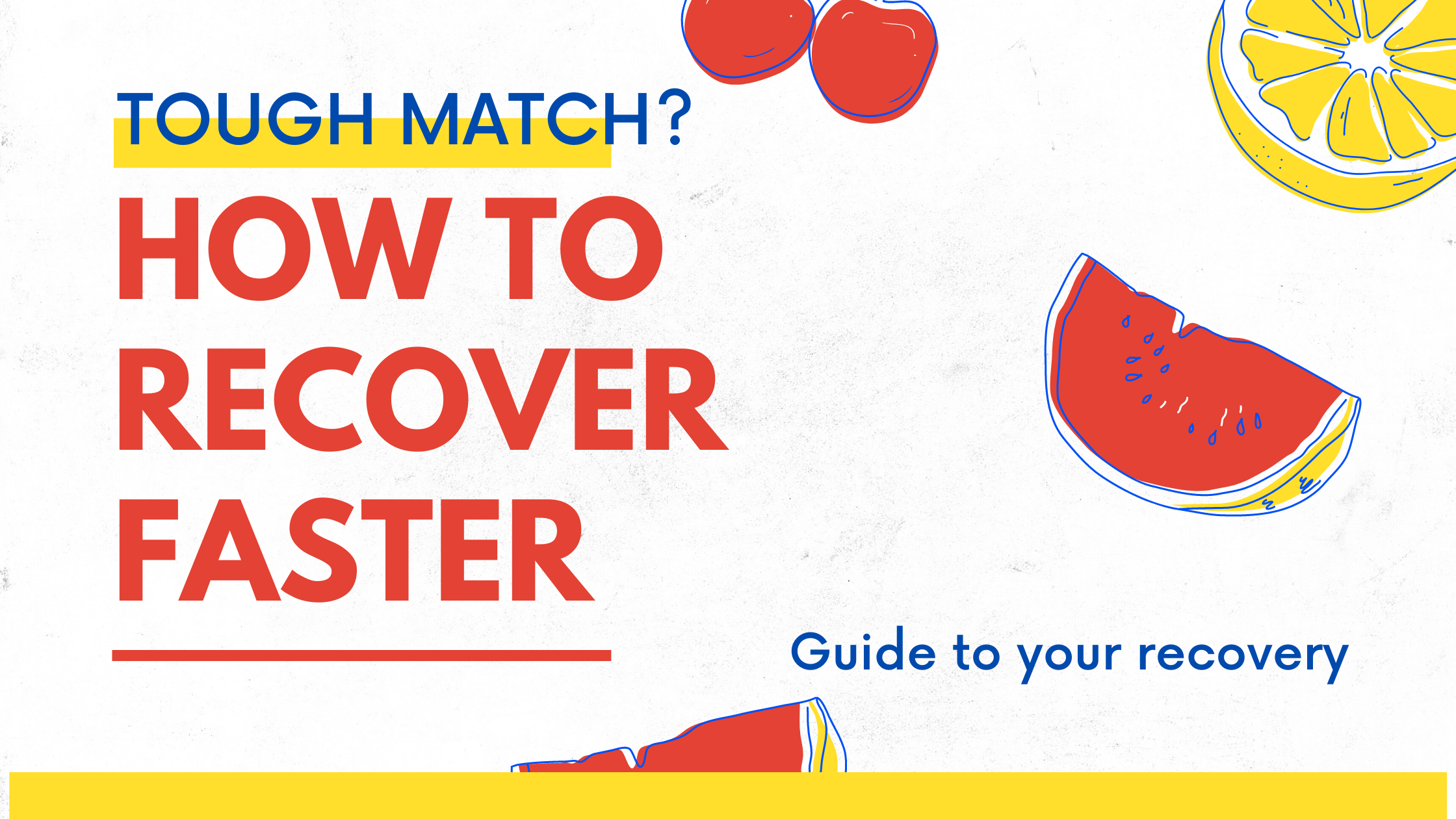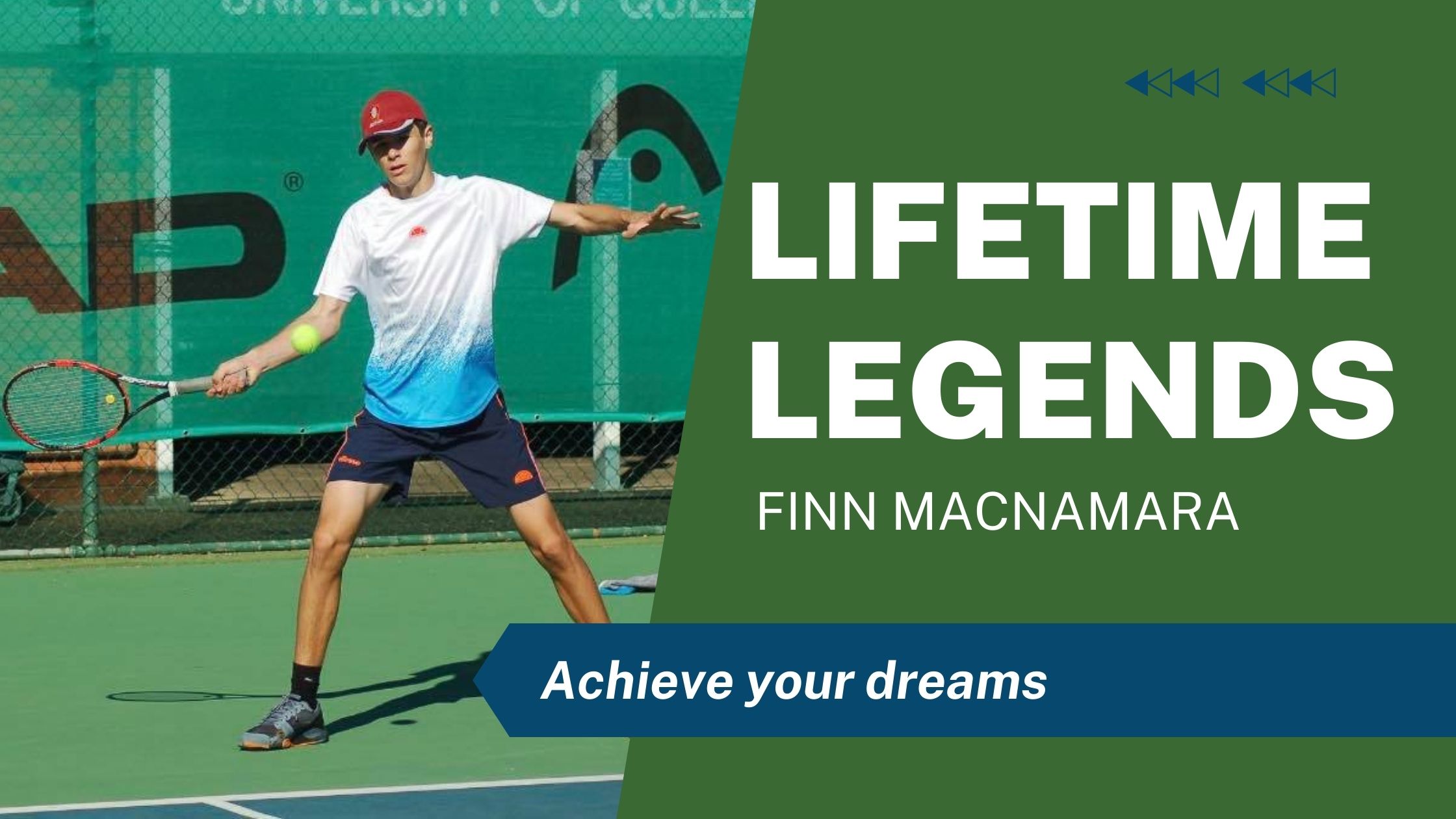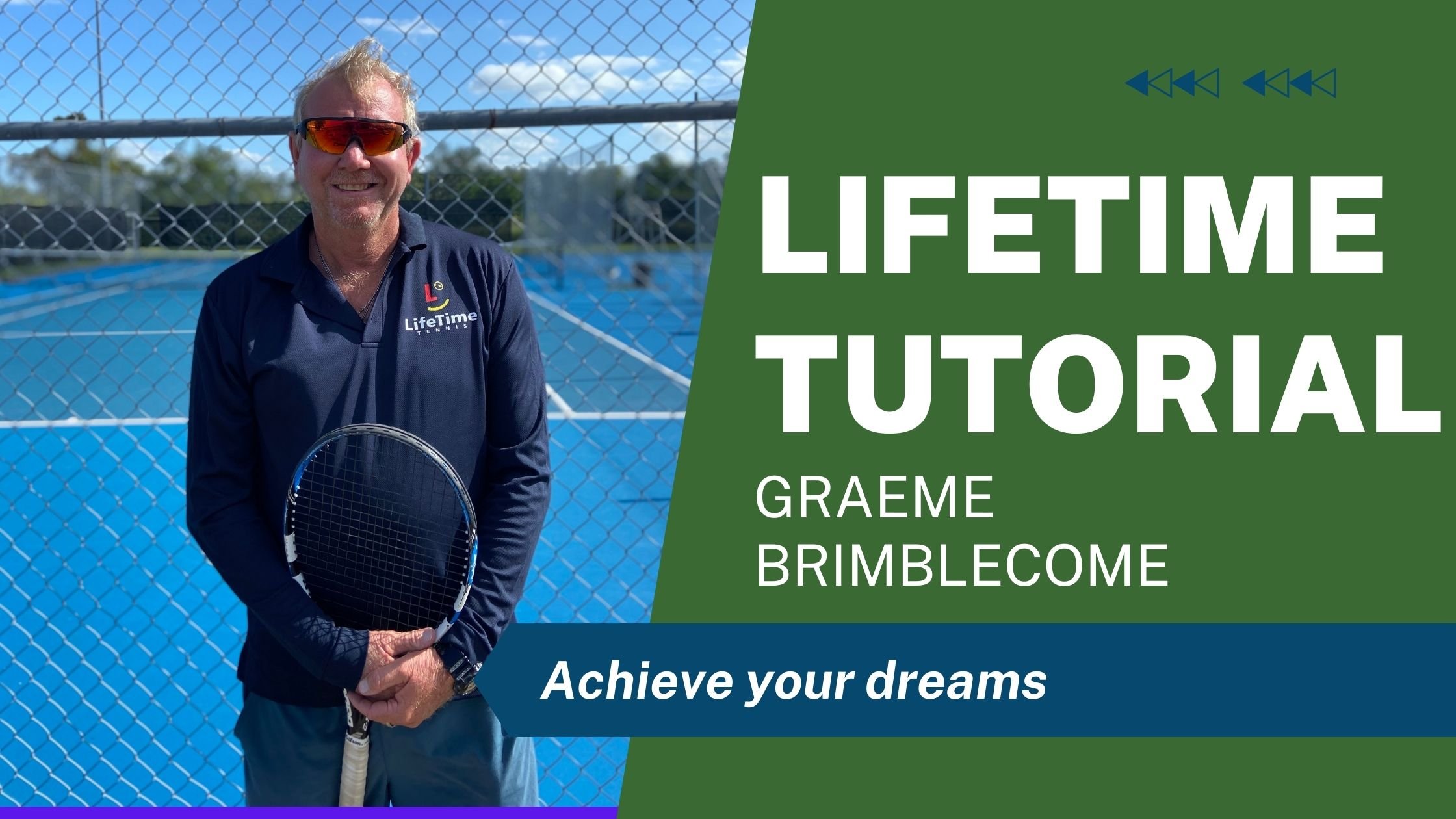Using Your Time More Efficiently
Finding the time to get your training volume up over a year.
Using your available time more efficiently during the school holiday breaks.
With school days becoming longer, homework increasing, travel times getting greater and the increasing difficulty of getting some quality family time, it is getting harder and harder for young aspiring tennis players to get the overall training volume they need into their yearly training program.
In this article I’d like to float a few ideas, examples and experiences by you as concepts on what players can do differently to achieve the required training loads over a year.
One of the myths that has been long held in tennis is the myth that when you are in a tournament /competition block you don’t train as much.
If you have a good look over these tournament or competition blocks they usually occur over school holiday breaks.
What I hear a lot of is this type of concept at tournaments and competitions that “I won’t train a whole lot I’ll just do some light work as I need to save myself for my matches.” If you’re a developing player and you’re happy to continue playing at that same level then that is exactly the way to think. However, if you wish to really grow and develop your game this is an opportunity to get in some on court hours and develop your game for the future.
There are a couple of key things to keep in mind.
- You are not in school. There is so much more time available.
- Practice partners and coaches are also more available.
- Courts are more available.
- If you’re not good enough to win the event how are you going to get good enough if you either don’t do more, or do it better.
- If you’re playing a tournament there will be a court somewhere you can hit on. (Usually close by to the event venue.) Don’t be too fussy about the court. There will always be plenty of other players around. Get up early and do some work well before other players are at the centre. There are examples of Grand Slam champions training at 3 and 4 am to get practice sessions away from the hustle and bustle of Grand Slam events.
Some of you will say I don’t want to be tired for my matches. Let’s face it, you will rarely play more than 2 singles matches and 1 doubles match a day. If you play more that is great, there is less need for additional practice but that is rarely the case. If you are getting tired from playing a few matches a day here’s a thought, maybe you are not fit enough yet to do that. Go work on your fitness.
I understand that most Pros certainly ease up on volume/ load leading into major events. I’m here to tell you, you are not there yet and they didn’t get to that level by sitting around over tournaments.
So here’s the question. How will I get there if I don’t train to get there? “DO THE WORK.”
John Millman during his senior years at school had to juggle a large educational volume with his tennis workload and did this for the better part of 2 years by working his butt off during school holidays and competition phases of his development. John rarely saved himself for his matches, most of the time he trained through tournament blocks.
Here’s another example that holds value to myself.
A number of years ago I was on an ITF circuit in South America. I took a group of boys away for 6 weeks to five Grade 1 and Grade A events. On that circuit was a young Chilean boy (16 year old) called Paul Capdeville. Week 1 of the circuit Paul lost Rd 1 but by the end of the circuit he made the final of the grade A event.
The transformation in his game was unbelievable. It didn’t happen by accident. After his matches this guy was always out of the practice court blazing away at ground strokes. He was everyone’s hitting partner. He didn’t care who he hit with as long as he was on the court. On top of that when it was dark, if you were one of the tennis junky’s, you would see him out on court serving in the pitch black of the night. 100’s of balls not just a few. No one else at the courts just he and his brother serving.
Over the course of that circuit I could see his game grow and transform. Later that year I saw him at the Junior Davis cup where he had a successful campaign and the next year I saw Paul in Europe for the Junior Tour leading up to the French Open juniors where he did very well in a very tough age group. Yes, he was still doing extra work when everyone else was back in the motel “resting”.
I would not have considered Paul to be a great or talented player, but he really worked at it. His work ethic and love for the game was unwavering.
Paul was also an avid watcher of tennis. I saw him watching countless matches when he wasn’t hitting or playing, often stretching at the same time. A real student of the game.Paul went on to achieve a highest ranking of 76 ATP and spent 4 - 5 years inside the top 100 players in the world.
There are many other examples I can discuss of players working through competition or Tournament blocks. I can’t think of any of them who did not improve greatly.
Here’s a good question for you to ask yourself. What is it I am really wanting to achieve here?
Do I want to have a good result in this event or a great result with my tennis in the long term. If you’re only focused on the short term outcome you are unlikely to achieve your long term goals.
So many players and parents will be worried about different things.
- I might get tired for my matches. If that is the case go work on your fitness. Hitting will also do that.
- I might get burnt out. If that is the case how much do you really love what you are doing. You need the passion.
- I might get injured. If that is the case get your rehab / prehab program and get yourself into a gym.
Where there is an excuse there is ALWAYS a solution. Are you someone looking for a reason why not and searching for a way to make things work.
Improvement doesn’t happen by accident it happens by design.
So mums and dads, boys and girls there are no real excuses for not playing / training a whole lot more during the holiday breaks and tournament periods. Certainly, play your tournaments, you have to, but also put the time in when you can and improve your game. If you do get fatigued that is great. If you need to take some time off to recover. Take some time off at the end of the holidays / events you completed playing in or first week back at school. For most of you, the long term objective is what you are really chasing and not short term results.
I would say that in most cases players will play less during the tournament/ holiday periods than their normal training program. We need to change that mindset if we are going to have long term objectives in the game.
So players get proactive, get your butts out on the court and get better. Enrol into squads, camps and clinics that are available, when at tournaments organise extra hitting, do some serving and returning. Do fitness and improve your bodies. Organise hitting partners and improve your quality of shot. Organise heaps of practice sets and improve your tactical awareness and understanding of your own game. Watch more matches and ANALYSIS while you are at tournaments.
Parents this is a good way of assessing your child’s resolve and commitment to the game. There are a lot of players who talk about what they want from tennis, but few demonstrate the action required to do so.
So start this holiday break. What have you got to lose. Probably nothing.
What have you got to gain. I’ve never seen anyone get worse from doing the extra / required training. Believe in the long term process. Unfortunately, instant gratification and tennis do not go hand in hand.
You never know until you try it. Do the extra work. Build up confidence from knowing you are doing more work than others are. You may surprise yourself by improving and enjoying your tennis journey a whole lot more.
Share this
You May Also Like
These Related Stories

How to recover FASTER from your Tennis Match

LifeTime Tennis Legends: Finn Macnamara

